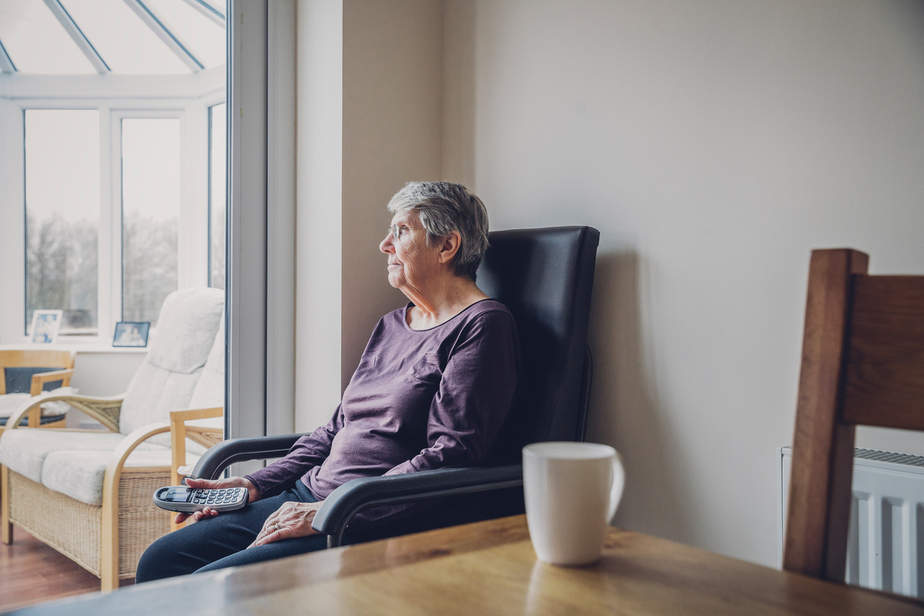
5 Warning Signs Your Loved One Needs Home Care
Aging happens differently for everyone. While some seniors remain active well into their 80s, others may experience a decline in physical or mental health. Your loved one may resist the idea of asking for help. That’s why it’s important for family members and friends to recognize the indications that an elderly person needs assistance. The earlier you see these five warning signs, the sooner you can get your loved one the help they require.
-
Forgetfulness
Everyone loses their keys on occasion or forgets where they stashed a gift they purchased a few months back. The key is to look for forgetfulness that occurs out of the ordinary. If your mom has always been the type who forgets where she parked at the mall, don’t panic when she takes an hour to find her wallet. On the other hand, if she suddenly can’t remember her grandson’s name or loses her keys three times over the course of a single week, that could signal the onset of dementia or Alzheimer’s.
-
Change in Habits
Changes in an elderly person’s eating habits, grooming or household cleanliness can all be signs that your loved one needs outside help. If you visit your aunt and find her typically immaculate house a mess, ask questions. Is she under any unexpected stress? Has anything changed in her life recently? If a loved one is eating less, looks disheveled or unclean, or stops their daily grooming routines, express concern and consider talking to a service like Santé Home Health Care. Home health aides can assist with personal care and light housekeeping, in addition to addressing health concerns.
-
Decline in Health
Older adults are at greater risk for illness and chronic disease. About 80% of the elderly population has at least one chronic illness. A whopping 77% of those have two or more! As we age, even everyday viruses such as colds and flu can take a huge toll on the body. If your loved one has a condition that requires regular treatment, such as diabetes or heart disease, home health care can help ensure consistency.
-
Falls or Injuries
Emergency centers report more than 2.8 million fall-related injuries every year. The rate of falls increases significantly as you age. Even if your loved one remains active well into their older years, he or she may experience balance problems that can cause a spill. Using a cane or walker can help safeguard against falls. Your loved one may also benefit from having accessible features such as bathroom rails installed in their home. Our occupational therapists can help assess your loved one’s living space and accessibility needs.
-
Depression
Falls and depression can be linked. According to the National Council on Aging, “A growing number of older adults fear falling and, as a result, limit their activities and social engagements. This can result in further physical decline, depression, social isolation, and feelings of helplessness.” Fear of falling isn’t the only cause of depression in elderly patients. If you notice a change in your loved one’s mood or personality, it may be time to consider care options. Both home health care and residential facilities provide socialization opportunities for the elderly, as well as assistance to help prevent falls. Our team of medical professionals can also help identify and treat conditions that cause behavioral changes.
While family or friends often work to take care of elderly loved ones, sometimes medical intervention is required. Or you may need a break caring for an elderly relative. No matter what the circumstances, Santé is here to help. Call 480-563-2402 or visit us online for information on home health care programs and post-acute care facilities.



